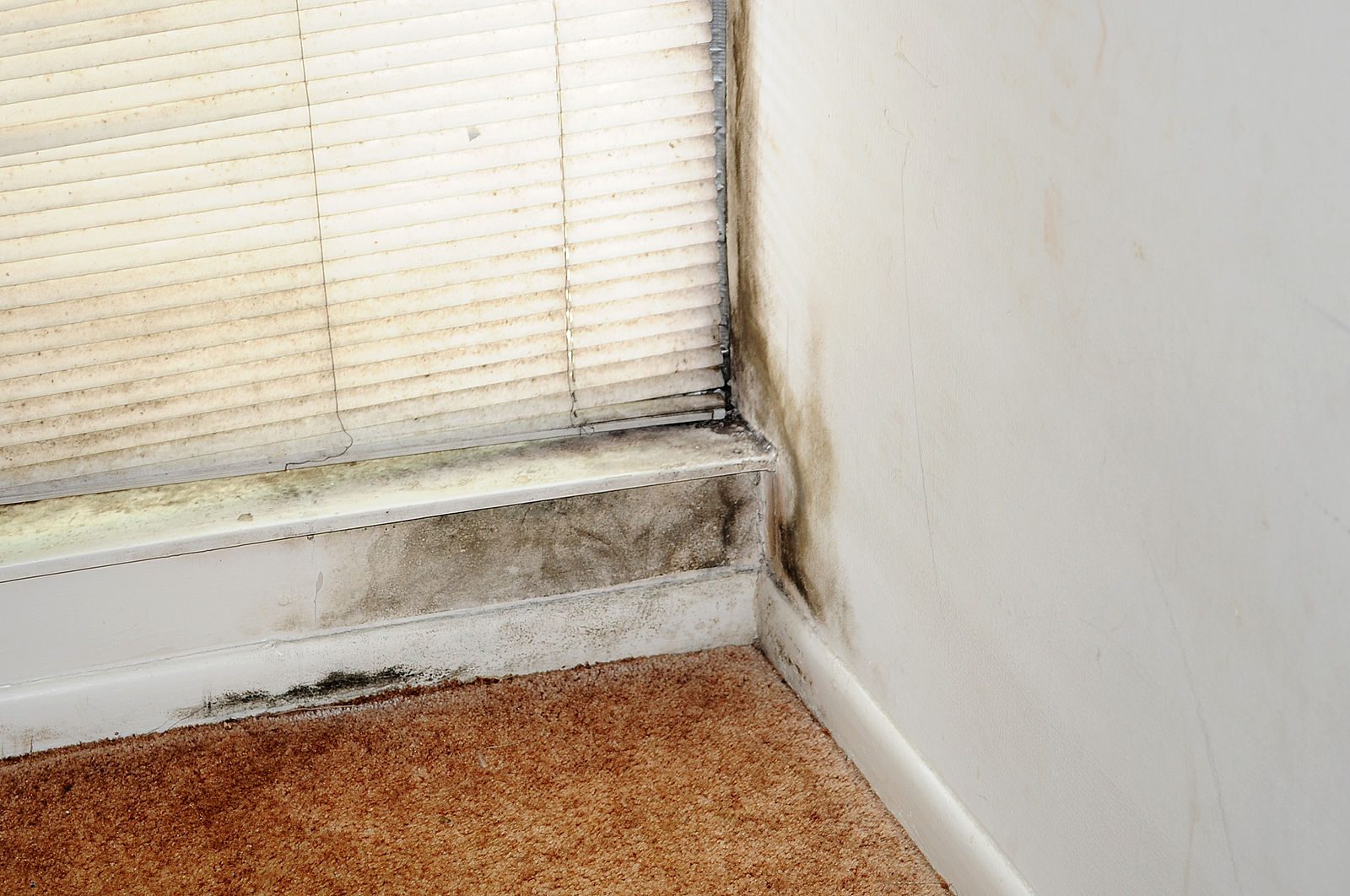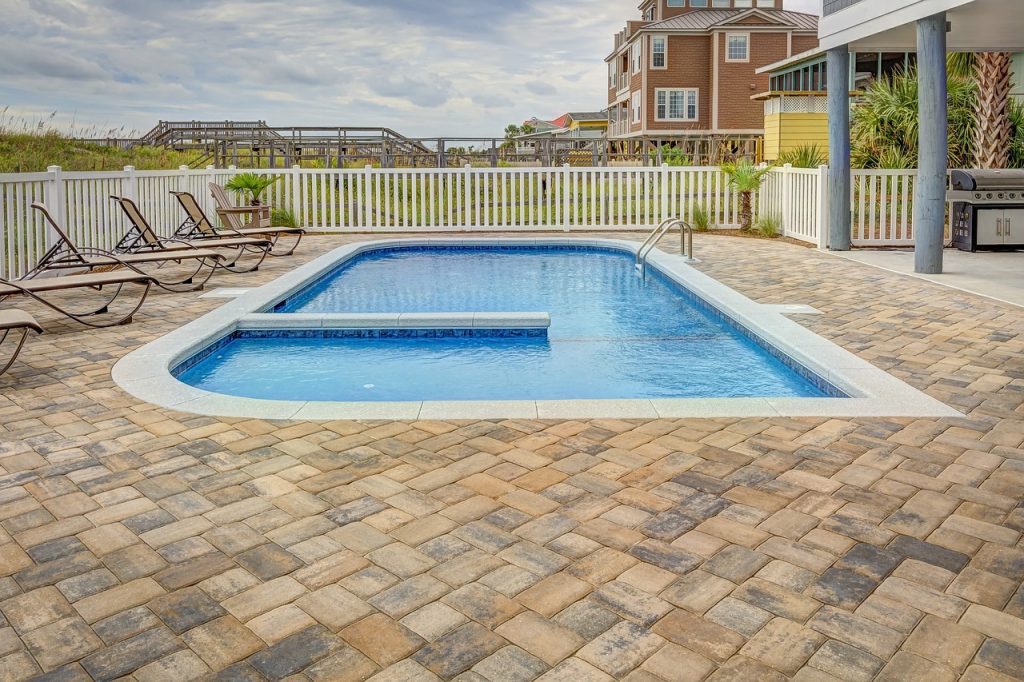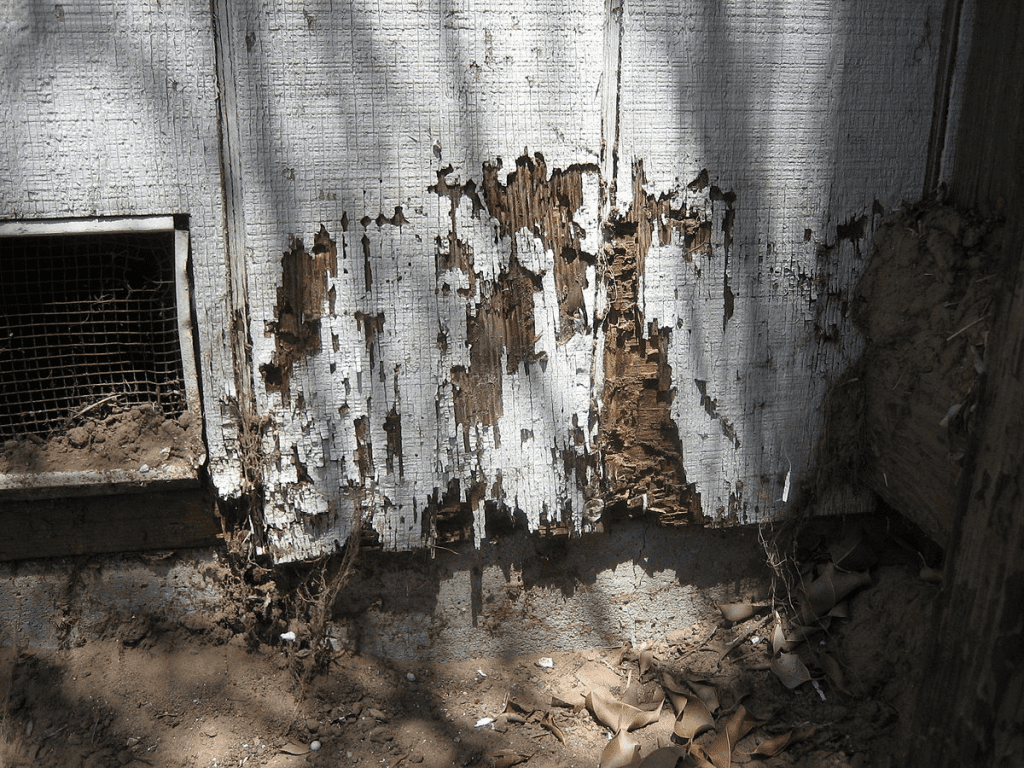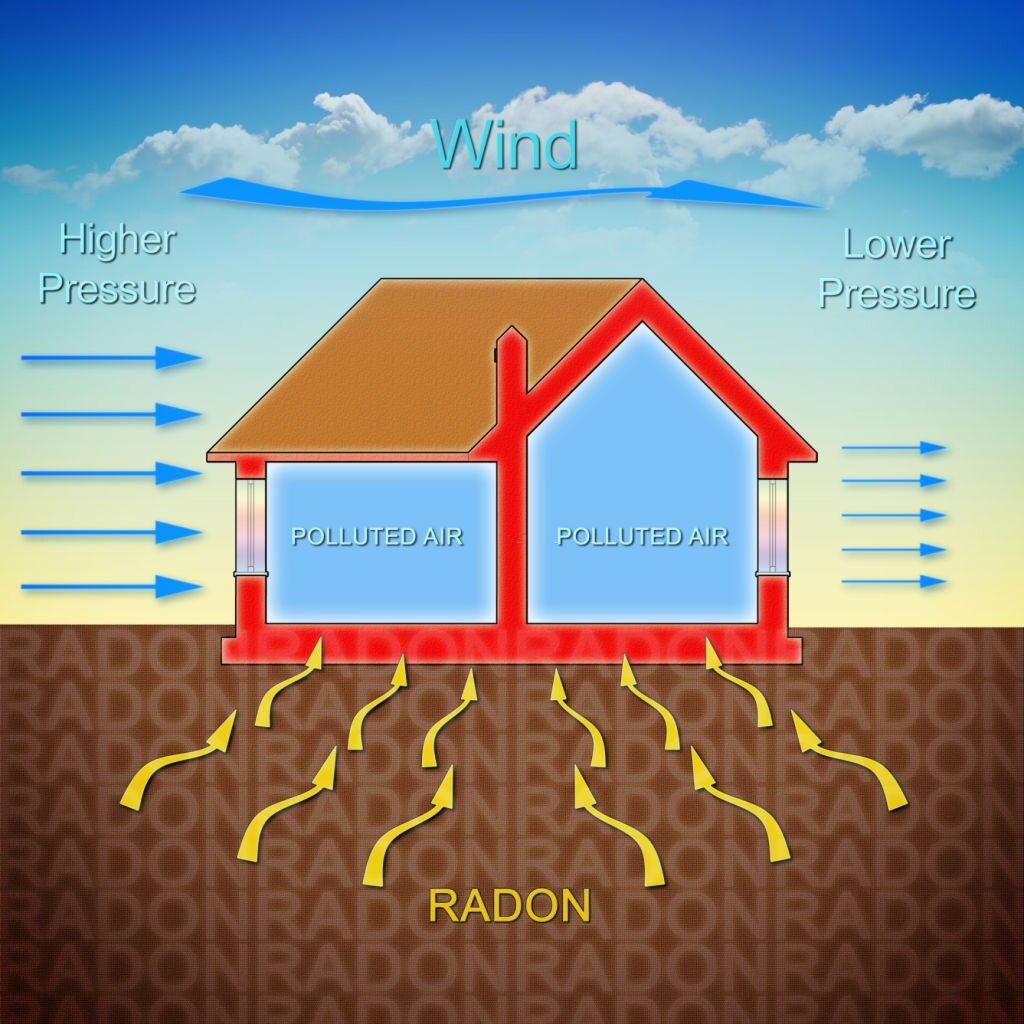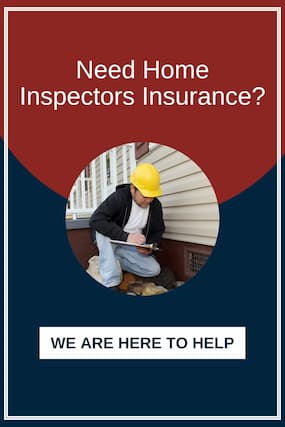Mold / Indoor Air Quality Sampling Coverage Insurance
Let’s face it, many houses have mold somewhere inside. Where there is water and moisture, there’s usually some sort of mold. On the surface, literally and figuratively, mold is a major deterrent from buying what is an otherwise great home. But not all mold is toxic, however, which is why taking a mold swab or indoor air quality sample (IAQ) is very helpful to your client. But why you should carry mold sampling and IAQ coverage if testing for mold and other allergens/pollutants are conducting by swabbing or air samples? Homebuyers that later find mold present often look for someone to blame and pay for remediation and who better to blame than a home inspector?
Mold claims can be costly and whether or not you offer mold inspections, you can be the target of a lawsuit. Therefore, in order to protect yourself and your business from any detrimental mold claims brought against you, you should consider carrying a mold/indoor air quality sampling coverage on your E&O policy.
CONTACT US TO LEARN MORE ABOUT MOLD INSURANCE COVERAGE
Do You Need Mold Insurance Coverage?
Home inspectors who are trained and certified as mold testing inspectors should have mold insurance coverage to protect themselves in case a claim is brought against them. Mold inspectors, meaning individuals who are certified to perform non-invasive visual inspections for the existence of mold, including the gathering of mold samples to be analyzed by an independent, accredited and insured testing laboratory, should obtain the proper insurance coverage for their services. The requirements of these coverages vary from state to state; therefore, we advise you to consult with a home inspector insurance expert.
For inspectors who simply do not offer mold testing services due to state licensing laws or personal choice, it’s important to use a pre-inspection agreement that emphatically states you’re not inspecting for mold in any way, shape or form. Furthermore, your report should not make any specific reference to “mold.” Rather, using words like “organic microbial substance” with the recommendation to have a qualified, licensed professional do an evaluation before the close of escrow is recommended.
CONTACT US TO LEARN MORE ABOUT MOLD INSURANCE COVERAGE
How to Protect Yourself and Your Business from a Mold Claim
- First and foremost, make sure you have adequate mold insurance coverage.
- Obtain training/education prior to starting to offer mold testing services.
- Have a separate written contract specifying exactly what methods are being used by mold testing inspectors and incorporating a limitation of liability (where applicable).
- Always provide your client with the ENTIRE mold report/laboratory analysis after you submit the samples for testing. The lab documents generally contain useful information about the type of mold found and the impact of it on people living around it. Your client needs to know the significance of what was found in the testing.
- Be sure to advise your client that mold sampling/testing may not reveal mold conditions that are hidden within walls, above ceilings, etc.
Interested in Mold Insurance Coverage for Home Inspectors?
Mold claims can arise even if you do everything right, which is why it’s critical for home inspectors to carry errors & omission (E&O) insurance with mold coverage. By working with EliteMGA, you can ensure that you have proper coverage for the services you provide. Give us a call today to discuss adding this endorsement to your policy. Or if you don’t have coverage with EliteMGA yet, apply now!

